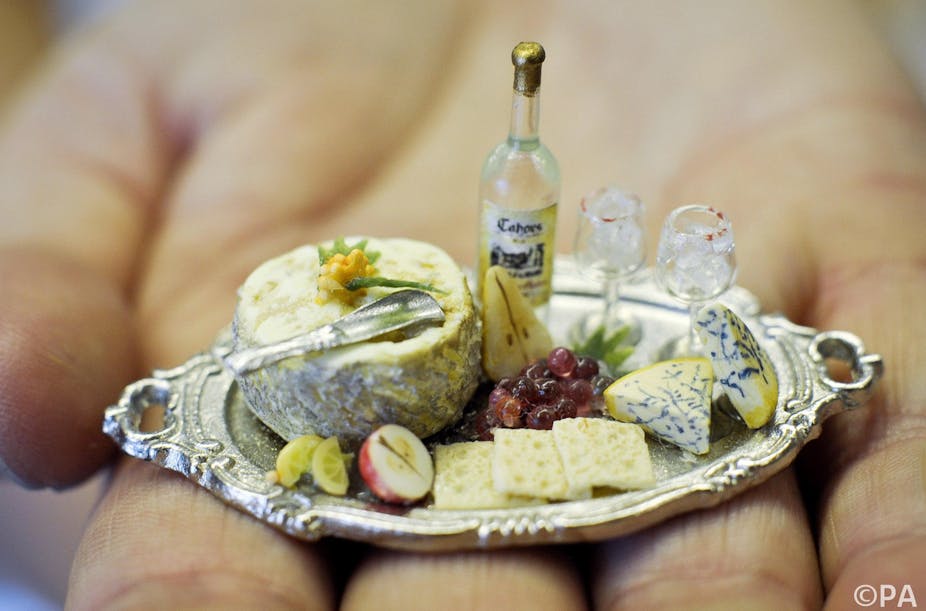Something called “Scientific impact paper (number 37)”, might not be expected to attract much attention. But, news sites and parenting forums alike have been rife with comments attacking the release.
The reason for this explosion of interest? Well, the paper was released by the Royal College of Obstetricians and Gynaecologists and contains advice for pregnant women.
It set out to discuss “potential, but unproven, risks” to children through pregnancy and early parenthood - through, for example, mothers ingesting chemicals and then transmitting them to the baby through breastfeeding.
The rationale is that there are no guidelines or official antenatal advice for pregnant women on the risks of some chemicals, and potential combination of chemicals, in pregnancy and when breastfeeding.
Therefore, the authors claim, when “media scare” stories come out, women end up feeling anxious as the official advice is not clear. The point of the paper, then, was to allow women to make an “informed decision” about chemicals.
From the many posts that I have read on parenting forums in the past days, some have expressed humour at the impossibility of the advice on avoiding new cars for example - while others have expressed anger at the “mum-bashing” nature of such discourse.
The problem is that the report places the onus on individuals to make this “informed” decision. We know from the social science literature that with “informed choice” in parenting comes judgement and moral accountability.
We’ve seen this in a number of contexts around “mothering”, such as infant feeding, fertility, method of birth, timing of motherhood, and so on. So when the authors of the paper describe mothers as “gatekeepers” and “guardians” of their baby’s health and development, they are playing into a well-established tradition. This ties in with what some academics have termed pregnancy “under surveillance”.
To that end, the report is careful to note that this may place a “daunting responsibility” on the mother but also give her scope for “positive action”. But this is not enough to reassure many pregnant women, who are regularly bombarded with advice.
So who should give out advice about pregnancy and motherhood? Some from those that we deem qualified to give it (midwives, health visitors, GPs, antenatal providers, and so on), some from parenting magazines and antenatal texts.
In the spring we heard how an over-protective style makes your child more likely to be bullied. Last month, we were told that not having enough iodine in our diets while pregnant could affect the mental development of children. It goes on and on.
In my time as a parent, advice on weaning times, alcohol consumption in pregnancy, the use of dummies, to name but a few, have changed. Never mind the debates, and subsequent measles outbreaks, over the now discredited MMR vaccine/autism research. This demonstrates that advice given, and reported through the media, can impact on the experience of parenting, but not always in the way groups such as the RCOG would expect.
It comes down to the idea of “expert” advice, which the RCOG paper was pertaining to give. We need to be mindful of the messages that are being conveyed through both our health promotion information and media reports on that information. As I noted above, there will be some who have reacted anxiously to this paper. They may not have people with whom they can discuss the information to help make the “informed decision” the RCOG says they’re supposed to.
With this in mind, and to go back to the original aims of the paper, until clearer findings have been produced for new parents, such “expert” advice should definitely be taken with a (healthy) pinch of salt.

